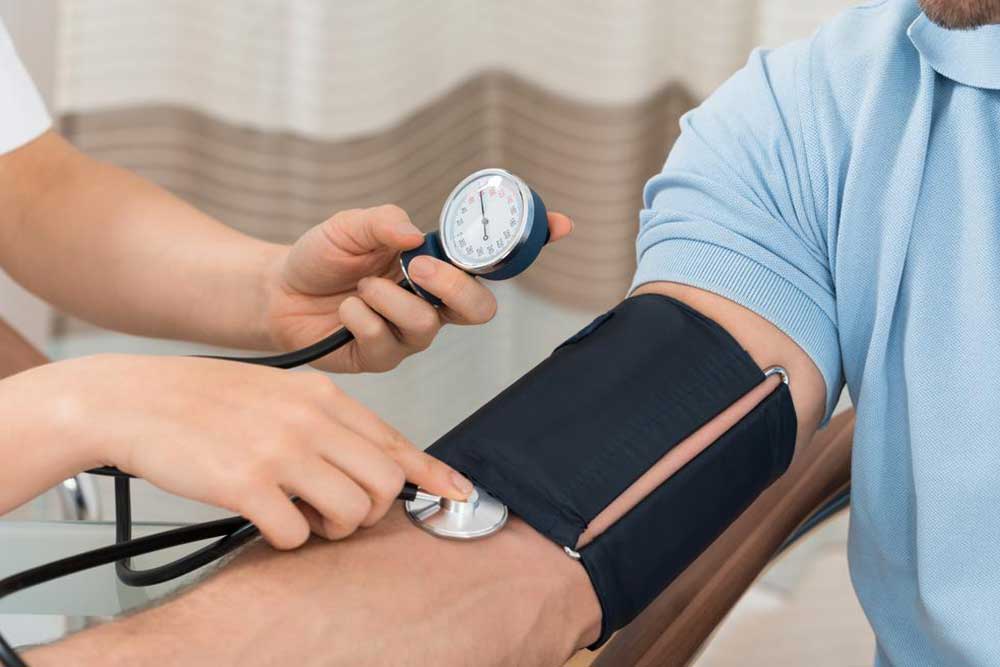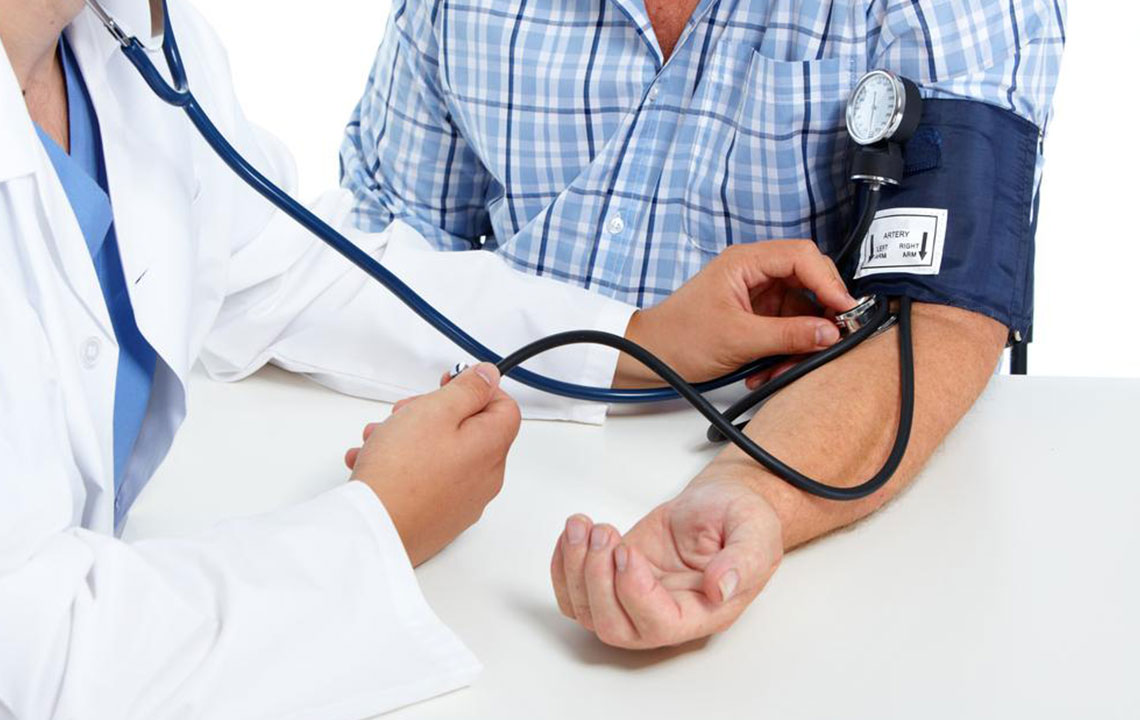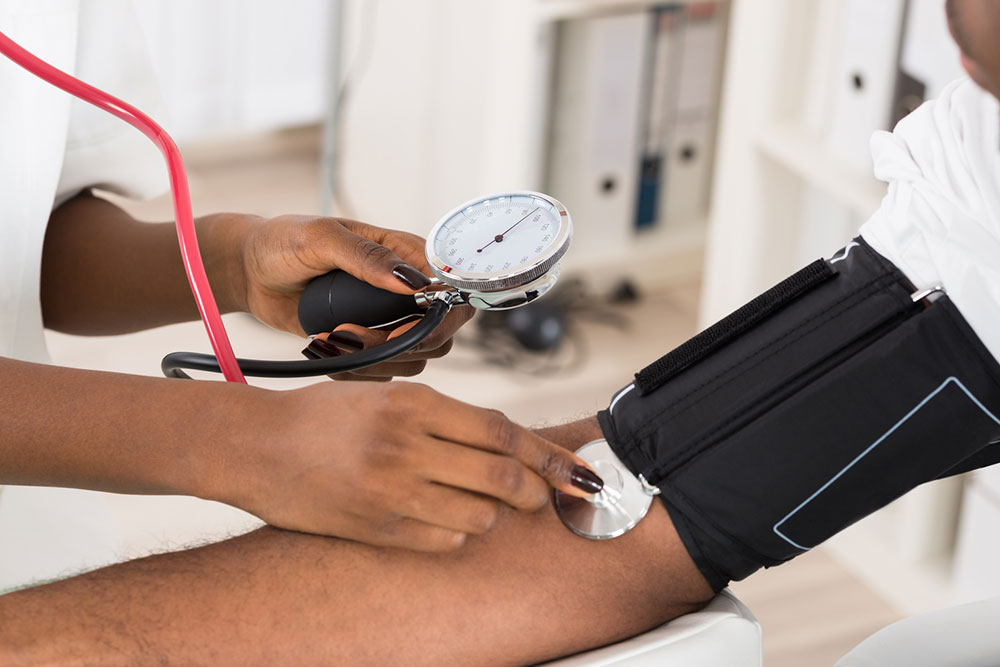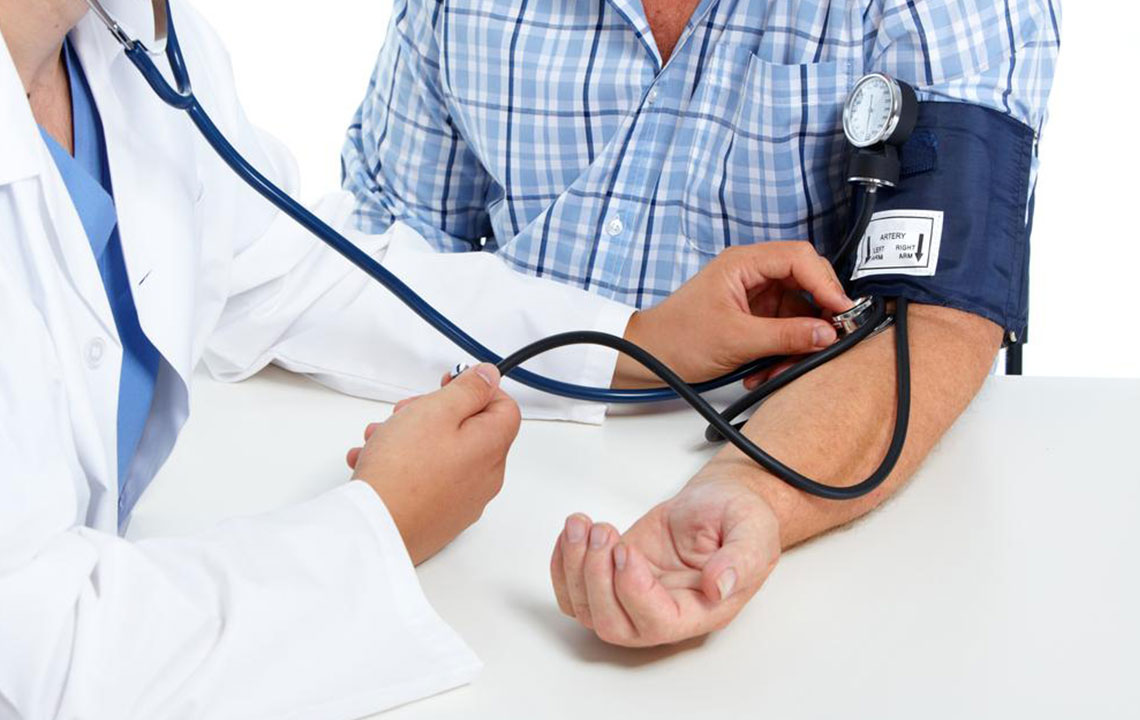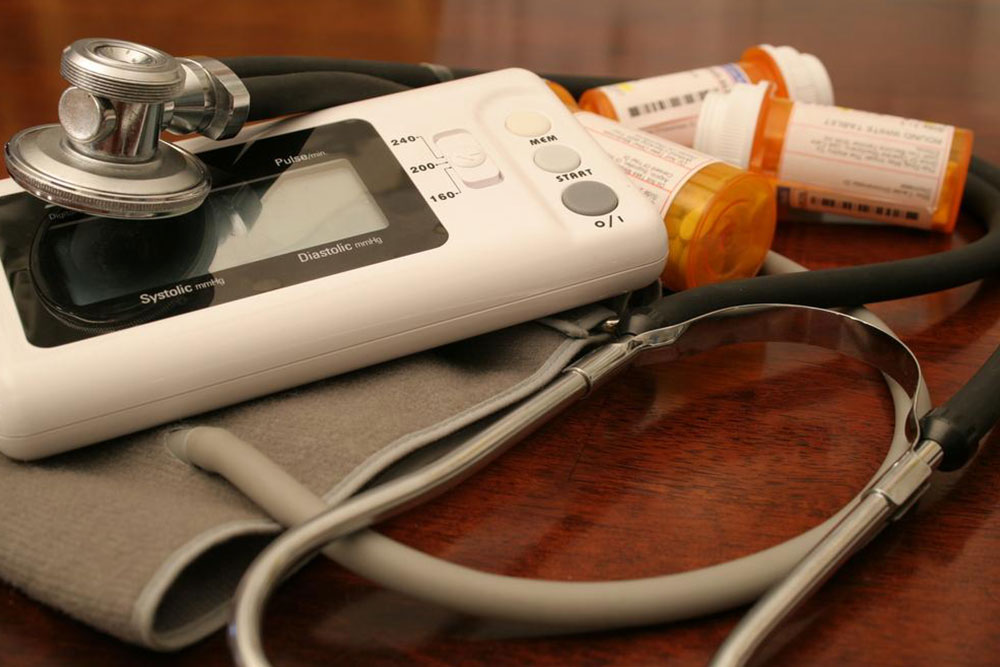Natural and Effective Methods to Control High Blood Pressure for Better Heart Health
Discover effective natural strategies to manage high blood pressure and reduce dependence on medication. This comprehensive guide covers weight management, exercise routines, dietary tips, natural remedies, stress reduction, and monitoring techniques to help maintain healthy blood pressure levels. Learn how lifestyle changes can significantly lower your risk of heart-related complications and improve overall well-being, enabling you to lead a healthier and more active life without reliance on drugs.

Natural and Effective Methods to Control High Blood Pressure for Better Heart Health
High blood pressure, medically known as hypertension, is one of the most common chronic health conditions affecting millions worldwide. It occurs when the force of blood pushing against the walls of your arteries is consistently too high. While hypertension often presents without noticeable symptoms, it poses significant health risks over time, increasing the likelihood of heart disease, stroke, kidney problems, and other serious complications. Managing blood pressure effectively is crucial for maintaining overall health, and adopting natural lifestyle strategies can significantly reduce dependence on medication and improve quality of life.
Understanding blood pressure readings is essential for identifying hypertension. Normal blood pressure levels are generally around 120/80 mmHg. Readings above 140/90 mmHg are classified as hypertension, which requires intervention to prevent long-term health issues. Fortunately, a combination of lifestyle changes, dietary adjustments, and stress management techniques can work wonders in controlling high blood pressure naturally. In this comprehensive guide, we explore proven strategies that can help you maintain healthy blood pressure levels without solely relying on medications.
Achieve and Maintain a Healthy Weight
Remaining within a healthy weight range is perhaps the most effective way to prevent and control high blood pressure. Excess weight increases the strain on your heart and arteries, leading to elevated blood pressure levels. Additionally, being overweight can contribute to sleep apnea, which further worsens hypertension. Even modest weight loss—such as shedding 10 pounds—can significantly lower blood pressure readings and reduce cardiovascular risks. Creating a balanced diet coupled with physical activity helps in achieving and sustaining a healthy weight over time.
Engage in Consistent Physical Activity
Regular exercise is a cornerstone of natural hypertension management. Engaging in physical activity almost daily can lower systolic and diastolic blood pressure by an average of 9 mm Hg. Effective activities include brisk walking, cycling, swimming, and jogging. Besides lowering blood pressure, consistent exercise improves overall cardiovascular health, boosts energy levels, and promotes better sleep. It's important to start gradually and consult with healthcare providers before beginning any new exercise regimen, especially for those with existing health conditions.
Diet plays a pivotal role in controlling blood pressure. Incorporating foods that support vascular health and avoiding those that exacerbate hypertension can make a real difference. Focus on adopting the Dietary Approaches to Stop Hypertension (DASH) diet, rich in fruits, vegetables, whole grains, and low-fat dairy products. These foods provide essential nutrients like potassium, magnesium, and calcium that help regulate blood pressure. Additionally, natural remedies such as hibiscus tea, coconut water, garlic, melons, and cod liver oil have been shown to have beneficial effects on blood pressure levels. Reducing sodium intake, even modestly, can lead to notable improvements. Cutting back on processed foods, salty snacks, and restaurant meals helps lower overall salt consumption, which is crucial since excess sodium is linked to increased blood pressure.
Alcohol consumption should be moderated because, in small amounts, it may slightly lower blood pressure; however, excessive alcohol intake can lead to elevated levels. Quitting smoking is one of the fastest ways to normalize blood pressure and enhance overall heart health. Smoking damages blood vessel walls, accelerates atherosclerosis, and significantly raises the risk of cardiovascular diseases. Limiting caffeine intake is also advisable, particularly for individuals sensitive to its effects, as caffeine can cause temporary spikes in blood pressure.
Managing stress is an often-overlooked aspect of blood pressure control. Chronic stress activates the sympathetic nervous system, leading to vasoconstriction and increased blood pressure. Techniques such as yoga, meditation, deep breathing exercises, and mindfulness can dramatically reduce stress hormones and promote relaxation. These practices not only help in lowering blood pressure but also improve mental well-being.
Monitoring your blood pressure regularly at home with a reliable monitor allows you to track your progress over time. Routine checkups with healthcare professionals are essential for adjusting lifestyle strategies and medications if necessary. Combining these natural approaches empowers you to take control of your health, reduce hypertension risk, and enjoy a healthier, more vibrant life. Remember, consistent effort and commitment are key to experiencing sustained improvements in blood pressure and overall cardiovascular health.
